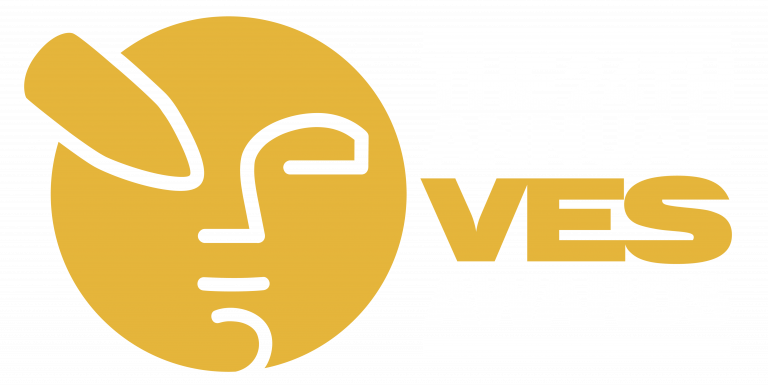
At the heart of the problem are soaring costs and a slow-moving system. Recent visa fee increases have been substantial, with the cost per musician application jumping from around $460 to over $1,615. For a mid-sized band with a few crew members, this can easily add up to thousands of dollars in fees alone. These costs, combined with legal and administrative expenses, create a significant financial burden that disproportionately affects independent and emerging artists who often operate on razor-thin margins. Adding to the pressure is the sheer unpredictability of the process. Artists have to book tours and pay upfront, but with processing times that can take many months, they face the constant risk of last-minute cancellations.
The real-world consequences of these visa challenges are severe. High-profile artists like FKA Twigs and Peso Plumahave been forced to cancel or postpone entire tours, disappointing fans and creating logistical nightmares for their teams.But the problem runs deeper, impacting the entire music ecosystem. Music festivals have had to replace headliners or cancel events outright, leading to significant economic losses for organizers and local economies. Beyond the economic impact, there is a cultural loss as well. The system is particularly difficult for artists from the Global South, creating what some have called a “visa apartheid” that prevents a rich diversity of voices from reaching American audiences.
The issue extends to the very foundations of the live music business. Music companies, record labels, and booking agents are now forced to navigate an increasingly complex and expensive landscape. The uncertainty of the visa process makes long-term planning difficult, and the financial risks are higher than ever. To ensure a thriving and culturally diverse music scene, it’s clear that a more streamlined and fair system is needed. Without significant changes, the barriers will continue to grow, making it harder for international artists to share their talent and for audiences to experience it firsthand.








